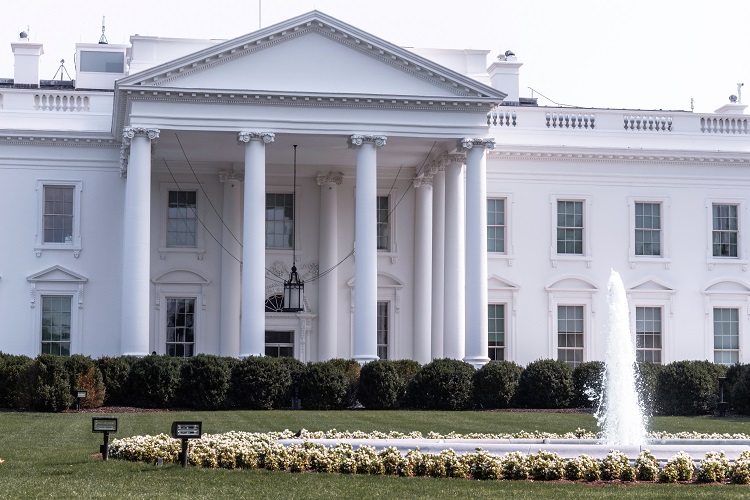
March 19, 2024
Conservatives Distrust Higher Ed—But Still Need Degrees
Ideological opposition to “woke” colleges and universities could harm conservatives and rural communities. American’s faith in our colleges and universities has seen a marked decline in recent years, with the percentage of adults who say they have “a great deal” or “quite a lot” of confidence in the institutions of higher education plunging from 57 percent to…

February 23, 2024
Study What You Love or Study What Will Make You Money?
There’s a better way to think about—and talk to young people about—college. When it comes to education, adolescents and young adults face a dilemma: to follow their intrinsic interests or to choose a course of study they think (or have been told) will secure their economic futures. For most, to ask this question is to…

February 20, 2024
Planning a Career in the Age of AI
After decades of industrial robots, factory layoffs, and outsourcing, automation has finally arrived in the cubicle. A recent Wall Street Journal article spotlighted how the new “robots for the mind”—the complex algorithms and language models of generative AI—are creating rising uncertainty in the professional class. In the past, automation has generally been more of a concern for blue-collar workers, especially those in the…

February 5, 2024
The Biden Administration’s War on Flexibility at Work
One of the signal errors of Biden administration policy has been its tendency to take regulatory actions that reduce the flexibility of the economy generally and the labor market in particular. The latest example of this problem is a new US Department of Labor rule aimed at reclassifying millions of “gig” workers—people who work in contract roles—as employees. The…

January 31, 2024
Perspective: The ‘social workplace’ and why it matters to Zoomers
Social connections are increasingly as important as pay to younger workers. A mission-led workplace can help In his 1759 book “The Theory of Moral Sentiments,” Adam Smith observed that human sociality is the taproot of economics. The instinct to “truck, barter and exchange,” Smith argued, arises out of our need for others and is the…

January 29, 2024
The Value of a Bachelor’s Degree
Key Points As public confidence in higher education has declined, Americans have become less sanguine about the bachelor’s degree and skeptical of its potential return on investment. Nonetheless, four-year degrees continue to be associated with significant economic and noneconomic benefits for individuals and communities. For those who want to attend college, have adequate financing options, and can finish their degrees, the benefits of…

January 29, 2024
How Should Students Think About College?
In recent years, there has been a marked decline in public confidence in higher education, sparking debate on the value of a bachelor’s degree. In a new report published by AEI’s Center on Opportunity and Social Mobility, we seek to add some much-needed nuance to an increasingly go/no-go debate. Despite public perception, the bachelor’s degree continues to have great…

January 22, 2024
Can Workforce Development Programs Improve Labor Force Participation?
Harry Holzer, a Senior Fellow at Brookings and a key contributor to AEI’s Workforce Futures Initiative (WFI), published a recent analysis of the potential of the publicly-funded US workforce system to reduce unemployment and boost labor force participation. To my mind, he makes a strong argument for increasing basic supports for work engagement as a way of getting chronically…

January 12, 2024
Get Ready for AI-Driven Skill Democratization
For decades, automation has been a rough road for middle-skill workers. These jobs used to provide plentiful, family-supporting employment opportunities for those with only a high school education or even less. Robotics and, to a lesser extent, trade dramatically reduced the number of middle-skill jobs leading to what economists called a “polarized” labor market: many high-skilled and low-skilled…

December 15, 2023
What Athletes Take off the Field
In today’s dynamic economy, the value of noncognitive skills cannot be overstated. While technical know-how and academic knowledge remain crucial, there is an increasing recognition of the role that skills like teamwork, resilience, and strategic thinking play in professional success. A fascinating area where these skills are intensively cultivated is athletics. Especially at competitive levels, sports serve as…